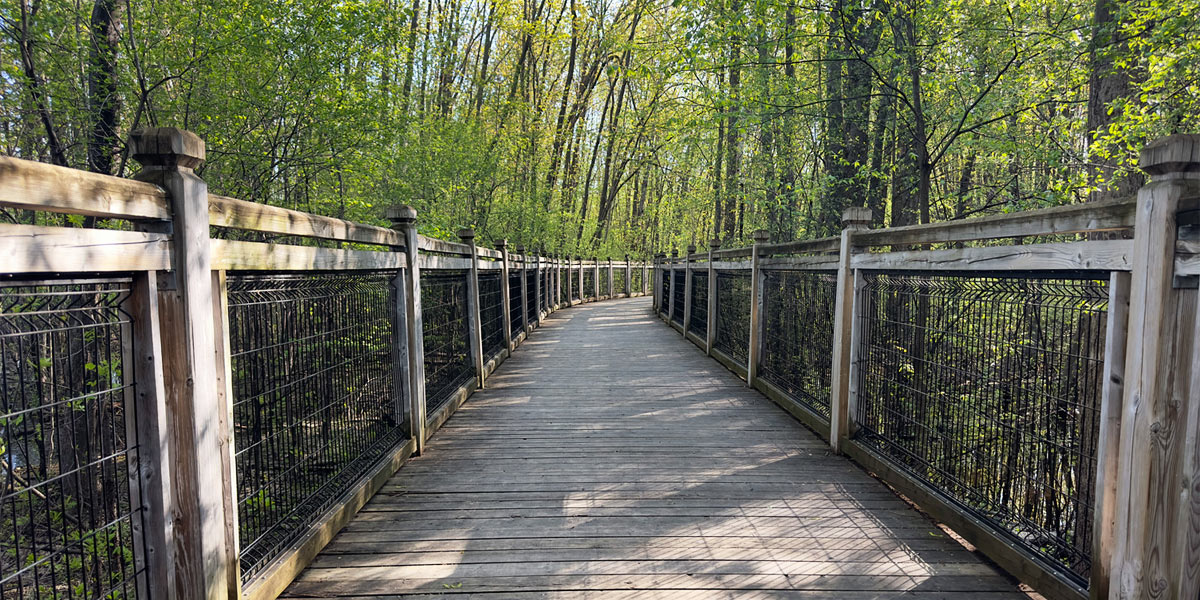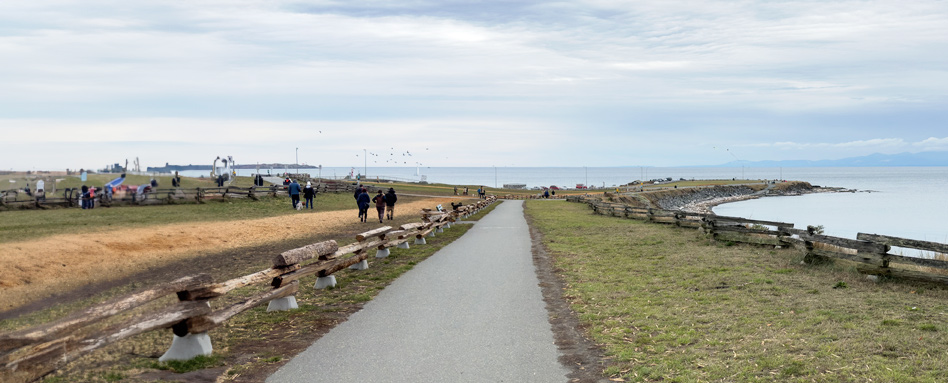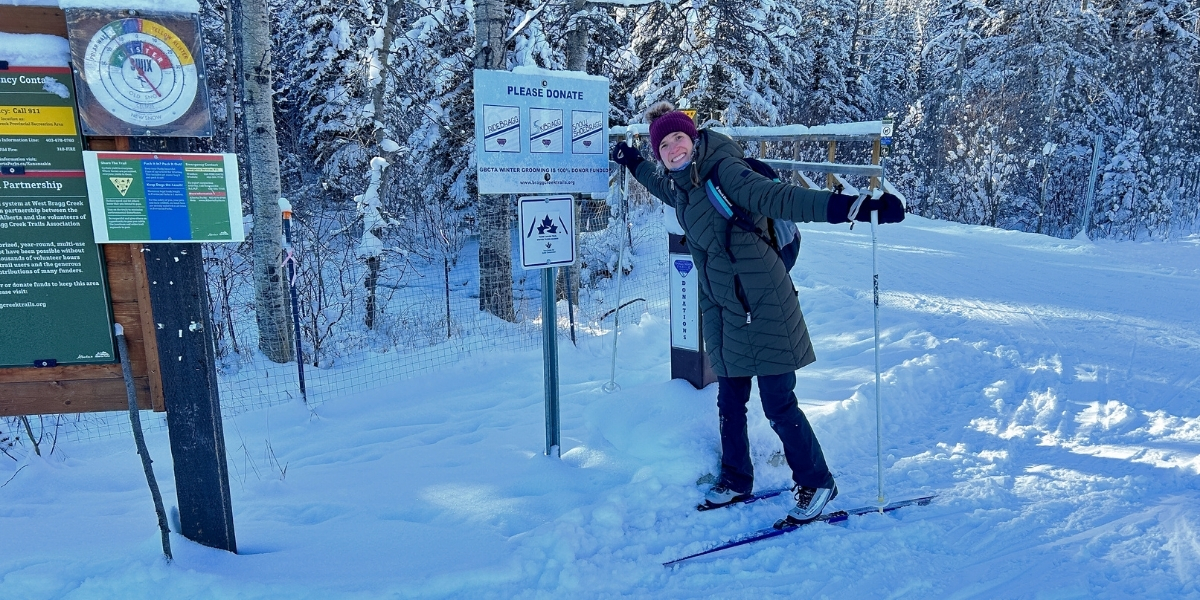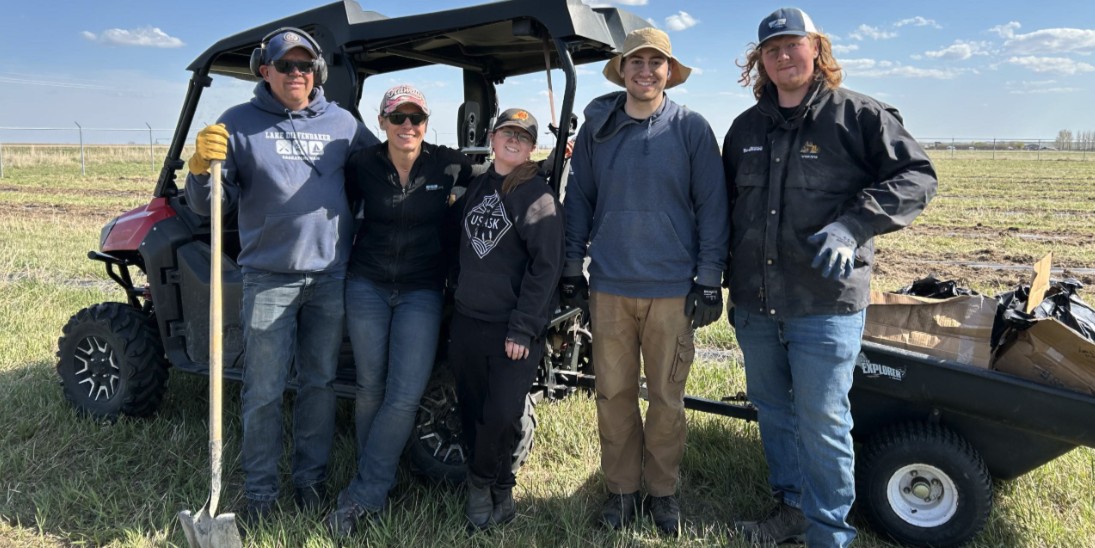How Trans Canada Trail is Working with Propulso to Build Capacity in the Trail Sector

We recently announced a partnership with Propulso, a Quebec-based ethical data intelligence provider. Propulso collects anonymous mobile data on an opt-in basis and analyzes it to provide trail groups and organizations like Trans Canada Trail with useful information about trail users, visitation trends, tourist interest, behaviour and more.
Helping trail groups make better-informed decisions
Through our partnership with Propulso, trail groups across the country can obtain trail visitation reports, which can help answer questions like the following:
• How many people visited a section of the trail this month?
• What activities were they participating in?
• How much signage did they encounter en route?
• What areas of the trail are heavily used? Do these areas need more maintenance or facilities?
• Where are the tourists coming from?
The answers to these questions allows trail groups to better understand their users and tailor upcoming trail projects around their users’ needs.
Using data to improve the trail user experience

Trail groups can use data to improve trail users’ experiences along their trail sections in several ways. Some possibilities include the following:
• Signage: location and frequency (wayfinding at strategic popular entrance and exit points to help guide trail users and keep them on the trail).
• Event location: for several trails, especially longer ones, having a better idea of where trail users tend to congregate can help trail groups determine where best to organize clean-up events, celebrations, and other gatherings.
• Funding decisions: having a clearer idea of where people are using the trail, how they’re using it, and for how long can help trail groups dealing with lean budgets to prioritize more frequently used sections of trails, or make a clearer case for funding from local government and municipal funding bodies.
• Trail maintenance and conservation decisions: by understanding where people are entering and exiting the trail, trail groups can work with local conservation organizations to ensure better protection of sensitive areas, as well as mitigate possible impacts of climate change, overuse and littering.
Case study: P’tit Train du Nord proves its popularity and value to the Laurentian region of Quebec

One example of how trail groups can use data to improve the user experience is with the Parc linéaire le P’tit Train du Nord. The trail group worked with Trans Canada Trail and Propulso to get a better idea of trail use, and in turn, make decisions about how their trail can be used as a tourism asset to support local regions. They investigated total visitation, trail user behaviour, where trail users were entering and exiting the trail, and potential economic impact to provide baseline information for a tourism study.
Before working with Propulso, P’tit Train du Nord — a 300-plus-kilometre section of the Trans Canada Trail situated in the popular Laurentians region of Quebec, north of Montreal — relied on traditional trail counter technology to track trail usage. The trail group hoped to get a more holistic picture of trail visitation — where did people enter and exit the trail? How long did they spend? Were the visitation numbers they had previously recorded accurate?
Enter Trans Canada Trail and Propulso, who provided the trail group with trail visitation reports and data to show where trail users were spending their time before and after using the trail in the region. The result? The data demonstrated that five times more visitors than previously recorded were using the trail section, year-round.
These findings enabled the trail group to think more strategically about positioning their region — and the P’tit Train du Nord — as a tourism asset, not only for the local economy and international tourism appeals, but also to approach brands about the benefit trail users provide to their companies. In return, they were able to explore possible partnerships to help support the trail.
More trail groups are using Propulso data to gain insights about their trail sections

As Trans Canada Trail has spread the word about what trail visitation reports have to offer, several trail groups have expressed interest in learning more, including the City of Medicine Hat Trail, and Rails to Trails, who were looking at tailoring their funding applications to the trail user data that would be made available.
Learn more about Propulso’s leadership in the sector
Learn more about Propulso and their leadership in the ethical data field.
Find their booth at the World Trails Conference, and be sure to catch their presentation on October 3.
Find out more about what Propulso can offer trail groups, and about GeoIndicator Reports here.

















